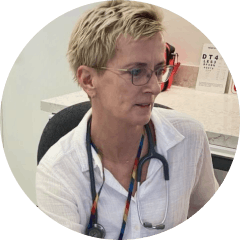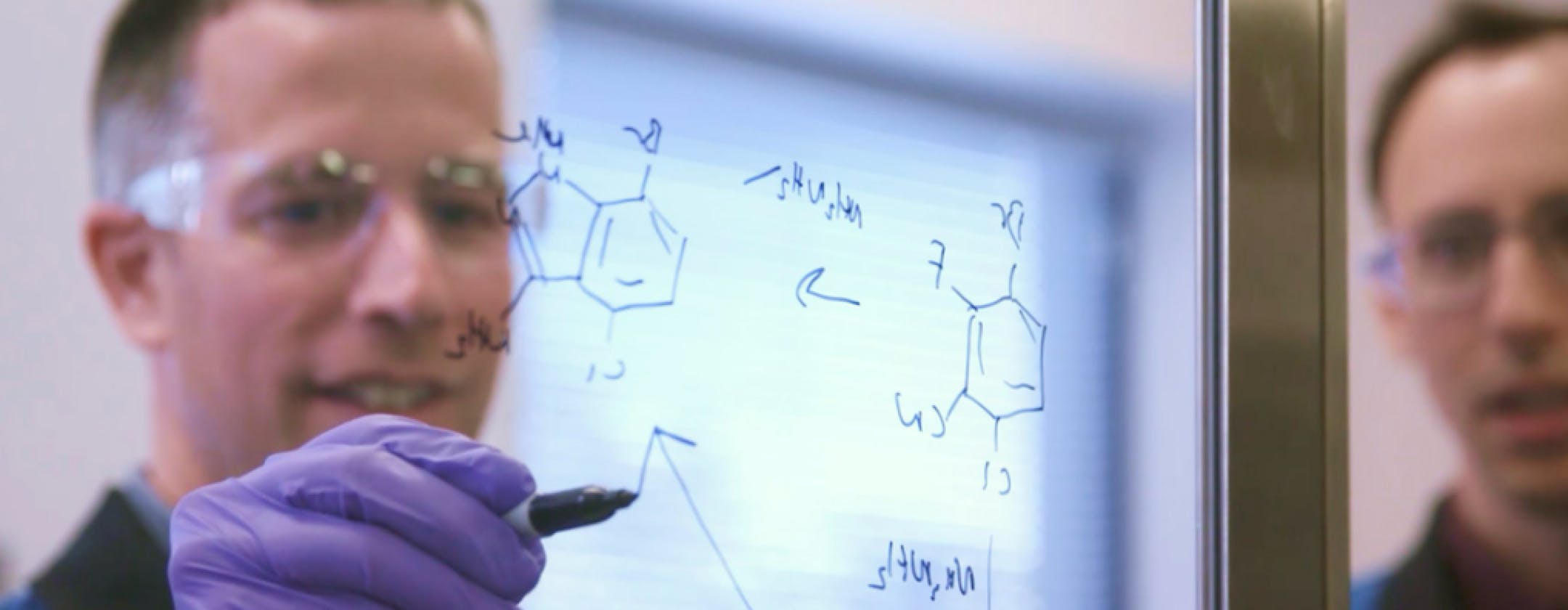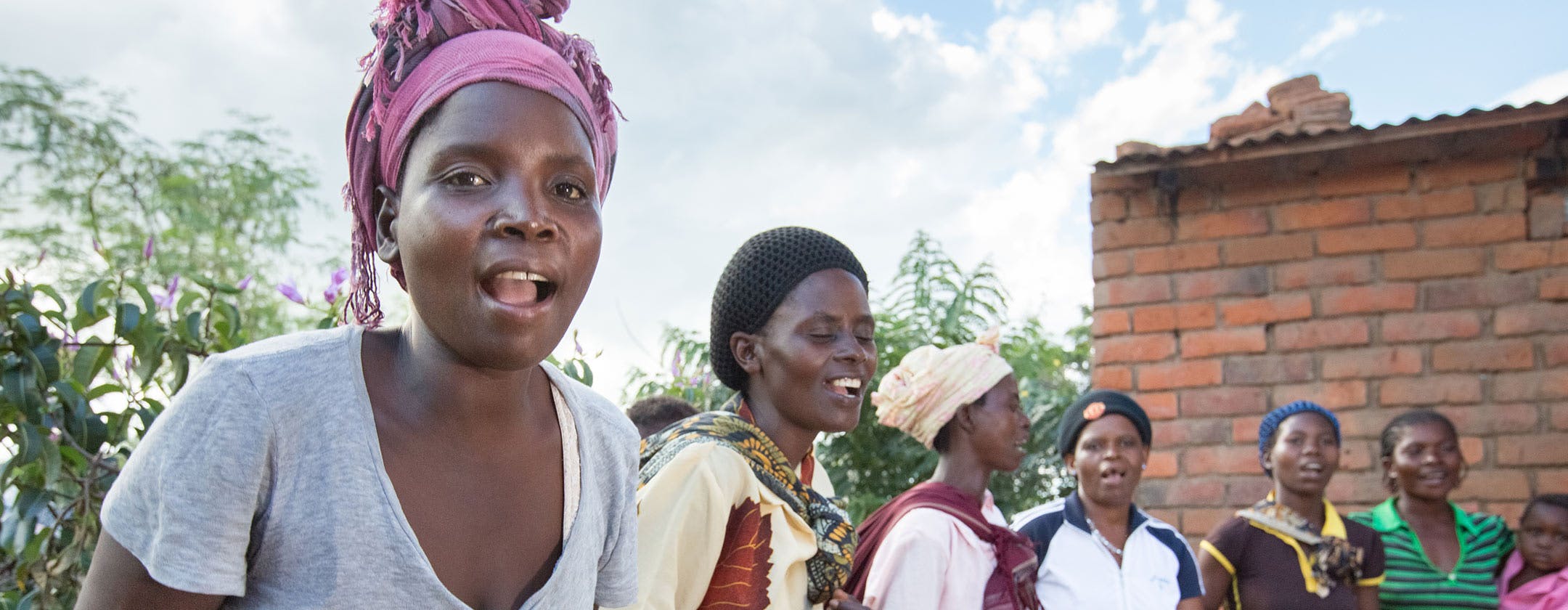This content was developed as part of a partnership with CNN International Commercial
As HIV stigma continues to cast a long shadow, the healthcare community is harnessing the power of empathy, education, and innovation to dismantle barriers for those living with the virus.
How I view myself as someone living with HIV today is still influenced by the way I was treated on my first day in the clinic, Stigma continues to shape the mental identity of being HIV positive.
Judgement, stereotyping, assumption, and misinformation these are the many faces of HIV stigma today. Even after living with HIV for almost 20 years, it’s still something that Riako Anam observes every day.
Her story underpins a sobering truth despite advancements in science stigma remains a pervasive force that hinders efforts to combat HIV.
Dr Annemiek de Ruiter is Head of Global Medical Sciences at ViiV Healthcare. With over 30 years of experience in the field of HIV, de Ruiter still holds regular HIV clinics today, giving her a unique insight into the impact of stigma on health and wellbeing.
“A big proportion of people living with HIV still believe there are negative perceptions towards them, and that can be more pronounced in some affected groups compared to others,” she explains.
For example, women. Its hard to imagine, but I still see women who I have been looking after for 25 years, and they still only feel able to talk about their status with us in the clinic.
GNP+’s People Living with HIV Index global report found that:
Research in AIDS Research and Therapy has also shown many instances of direct discrimination within healthcare settings in Central and Eastern Europe, with patients living with HIV refused routine treatment and forced to endure dehumanizing isolation and disinfection procedures.
Stigma has a very real impact on people living with HIV, with a fear of discrimination surrounding disclosure even to those closest to them. In addition, reduced trust in healthcare providers can exacerbate the gap between identification, diagnosis, and treatment. ViiV Healthcare is striving to help to eradicate stigma in all its forms through partnerships with the community, advocacy and education.
Some of the most impactful work on stigma is done through listening to the lived experiences of those living with HIV. ViiV Healthcare’s Positive Perspectives, one of the largest HIV patient led studies in the world, has harnessed individual stories to identify the multiple ways that individuals can be impacted by stigma and work towards ways in which stigma can be effectively broken down
A major breakthrough from wave two of the study was the significance of U=U awareness in enhancing health outcomes, particularly relating to mental health and self stigma.
U=U is a simple and powerful reminder that those who achieve and maintain an undetectable viral load through treatment, do not transmit HIV to their HIV negative sexual partners even if they have unprotected sex.
Participants who were informed of U=U by their HCP demonstrated more favourable physical, mental, and sexual health outcomes, underscoring the importance of unambiguous messaging in improving the lives of those with HIV.
The strength of U=U's messaging means that people living with HIV can be confident about changing the narrative on risk,” Riako Anam emphasizes.
They can be more confident about disclosure and challenge misconceptions, thereby empowering other individuals living with HIV and reducing fear within our communities.
The power of virtual reality (VR) technology has provided another avenue to bring to life the daily struggles faced by people living with HIV. Chapters of Stigma,’ an immersive VR experience developed by ViiV, invites users to step into the shoes of someone living with HIV, witnessing first hand the trauma that can unfold in everyday life.
The shame of using separate utensils at a family gathering, or the pain of a cancelled date upon disclosure. The indignity of being examined in a surgery with two sets of gloves, or the embarrassment of intrusive questioning in the workplace. Each of these encounters is based on real world examples and puts a human face on the insidious impact of stigma.
Upon rolling Chapters of Stigma’ out at conferences across the globe, ViiV has found the experience to have profound consequences on the user.
It s incredibly emotive. And wherever we’ve shown it, it’s made HCPs think about the little things they can do in their practice and encounters, the impact of which they may not have fully appreciated, to help people living with HIV.
Both de Ruiter and Riako Anam agree: ending the HIV epidemic doesn't require a miracle. Instead, it demands a combination of innovation, collaboration, and importantly, education.
“We don’t need new medicines or to work out new approaches,” de Ruiter explains. “We have the tools, we know what we need to do but we need to adjust our approach to be able to reach those individuals who are currently not able to access the interventions available to them. We also need to continue to educate people about the reality of HIV in today’s world, what it means and what it doesn’t mean and to understand what is possible today.”
Successfully dismantling stigma should allow more people to feel empowered to access care and support. The hope is that this will lead to better health outcomes and a future free from discrimination.
People living with HIV are so much more than their diagnosis. We are doing incredible things. Some silently, and some very loudly.
NP-GBL-HVX-COCO-240027 August 2025
If you get any side effects, talk to your doctor, pharmacist, or nurse. This includes any possible side effects not listed in the package leaflet. You can also report side effects directly via the GSK Reporting Tool link https://gsk.public.reportum.com/. By reporting side effects, you can help provide more information on the safety of this medicine.
If you are from outside the UK, you can report adverse events to GSK/ ViiV by selecting your region and market, here.



